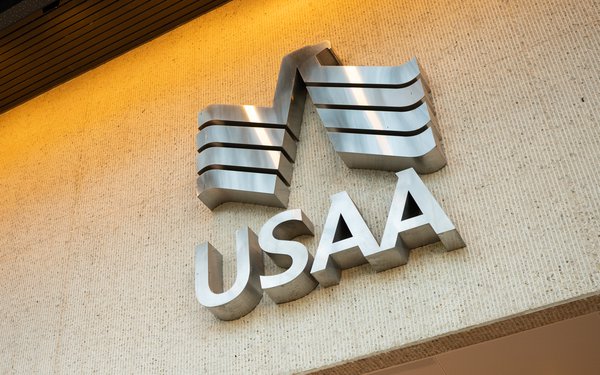
USAA is one of many companies that haven't
seen financial gains from AI investments.
It is a truth universally acknowledged that monumental tech breakthroughs are followed by the trough of
disillusionment. And with the massive hype—and $62 billion now flowing into generative AI—that disappointment was always going to be as big as, well, Microsoft’s market cap.
For now, the stampede has made tech companies infinitely richer while delivering little to customers. A new New York Timesreport, citing McKinsey data, finds that while 80% of companies in its survey have deployed generative AI, the same
share says it hasn’t boosted profits. IDC expects investments in the tech to jump 94% this year to $61.9 billion, yet 42% of companies have already abandoned most of their AI pilots—more
than double last year’s rate. Analysts predict the slump will bottom out next year before AI eventually proves its worth.
advertisement
advertisement
That’s not slowing the sellers. Google, Microsoft, and
Meta have together poured more than $260 billion into AI, helping deliver earnings that far outpaced expectations, according to The Hill. The Wall Street Journalcalls it a $400 billion arms race that Wall Street loves—even as AI-driven automation helps fuel tens of thousands of tech layoffs.
AI has also been a unicorn factory. Fortune counts 100 AI startups valued at $1 billion or more in just the
past two years, including OpenAI, Anthropic, and Scale AI, bringing the global herd to nearly 500.
Marketers, like everyone else outside the C-suite, are left
wondering when the returns will come. USAA, for instance, shut down some AI experiments even as it armed 16,000 customer service reps with AI assistants. The feedback has been positive, but
there’s still no math on if—or when—it will pay off. As one consultant told the Times: “Innovation is a process of failing fairly
regularly.” For now, the golden age of AI remains more gold rush than payday.